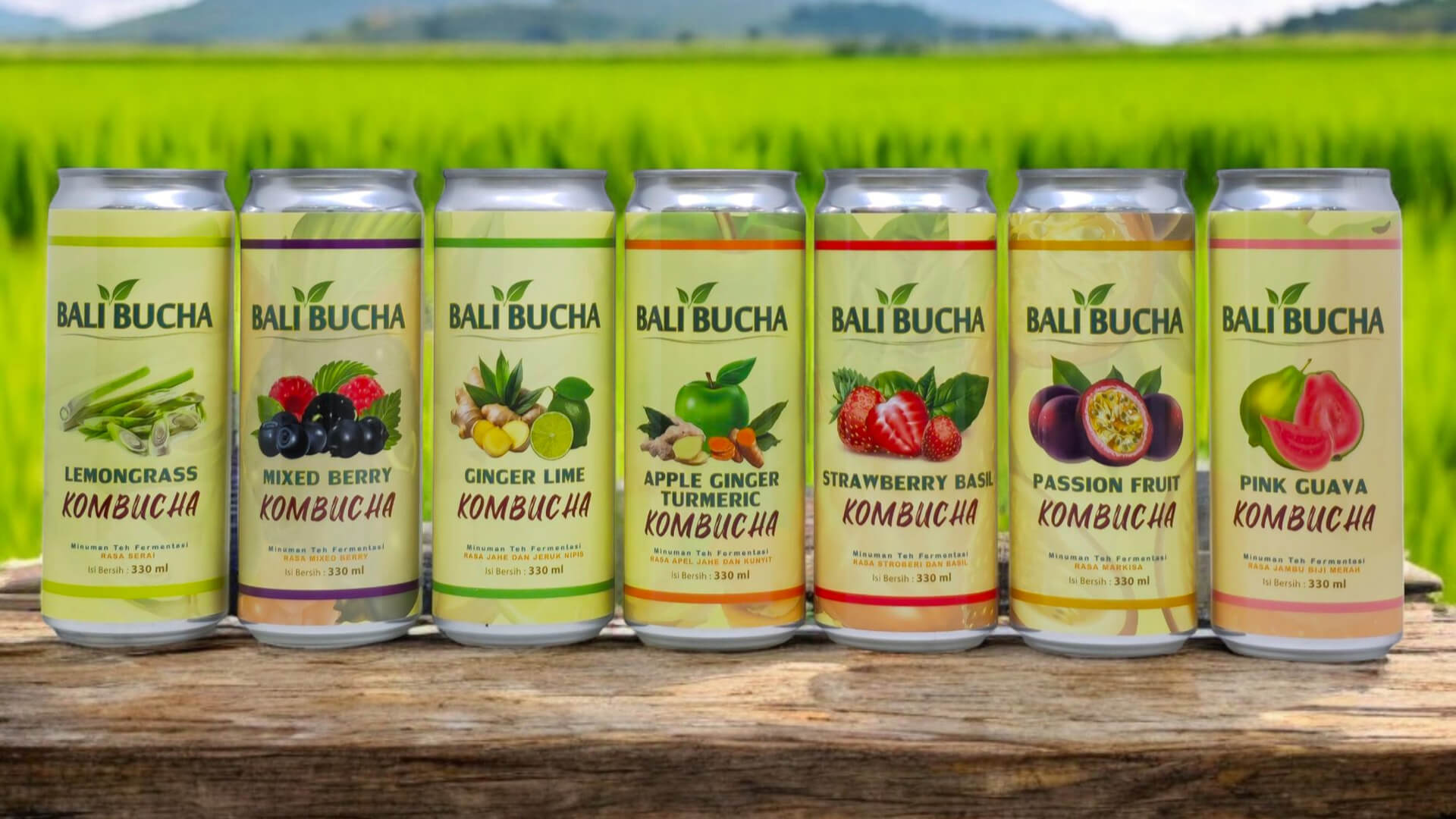Kombucha: The Fizzy, Funky Drink That's Here to Stay

You’ve seen it in the health food aisle. Maybe your friend handed you a bottle and said, “It’s weird at first, but you’ll love it.” That slightly vinegary, fizzy beverage swirling with mysterious strands at the bottom? That’s kombucha—one of the trendiest drinks that’s been around for thousands of years.
So what exactly is kombucha, and why are people so obsessed?
What Is Kombucha?
Kombucha is a fermented tea, usually made from black or green tea, sugar, and a SCOBY (short for Symbiotic Culture Of Bacteria and Yeast). Sounds a little science-y, but the process is simple: the SCOBY eats the sugar, and in return, it gives you a tart, effervescent drink loaded with probiotics and organic acids.
A Sip of History
While kombucha feels like a modern wellness craze, its roots trace back over 2,000 years. It likely originated in Northeast China (Manchuria), where it was consumed for its supposed detoxifying and energizing properties. It then made its way through Russia and Europe before showing up in health-conscious fridges across the West.
Why People Drink It
Let’s be honest—part of kombucha’s appeal is its vibe. It feels a little magical, a little punk-rock health nerd. But beyond the aesthetic, fans drink it for a few key reasons:
- Probiotics: The fermentation process creates live bacteria that may help with gut health.
- Antioxidants: Tea is already packed with them, and fermentation may amplify some benefits.
- Low sugar: While it’s made with sugar, much of it gets eaten by the SCOBY.
- Caffeine, but not too much: Enough to give you a little lift, without the jitters.
The Flavor Adventure
Plain kombucha is tangy and slightly sweet, with a vinegar-esque edge. But where things get wild is in the flavors. Think:
- Ginger Lemon
- Hibiscus Rose
- Mango Turmeric
- Blueberry Basil
- And yes—even pumpkin spice (because of course)
Some brands even carbonate their kombucha to give it a soda-like fizz. Others keep it raw and rustic.
Brewing It at Home (If You Dare)
Many people fall so in love with kombucha that they start brewing their own. It’s a pretty simple process, but it takes patience, cleanliness, and a willingness to grow a weird jellyfish-like SCOBY in your kitchen.
Homemade kombucha lets you control the sweetness, flavor, and fermentation strength—and once you start, it’s hard to stop experimenting.
Final Thoughts
Kombucha isn’t for everyone. The flavor can be polarizing, the smell a little… funky. But once you acquire the taste, it becomes more than a drink—it’s a lifestyle. It’s a conversation starter, a gut-health guru, and a surprisingly satisfying soda alternative.
Whether you’re sipping it for the health perks, the taste, or the DIY factor, kombucha is more than just a trend—it’s a culture in a bottle.





